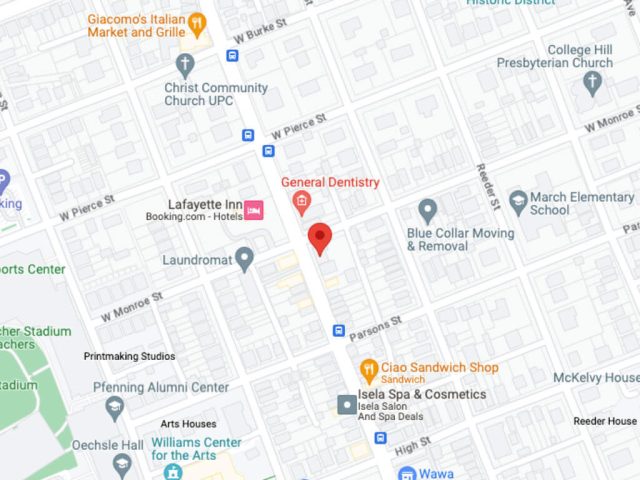Introduction to Notaries and Their Role
In a world where legal documentation and transactions hold significant importance, the role of a notary has emerged as a crucial aspect of ensuring authenticity, legality, and security. Notaries play a pivotal role in safeguarding the integrity of documents and transactions, providing an indispensable service that spans across various legal, financial, and personal contexts. In this introduction, we will delve into the world of notaries, exploring who they are, what they do, and why their services are indispensable.

Defining Notaries:
A notary, often referred to as a notary public, is a certified and impartial officer appointed by the government to act as a witness and official verifier for various transactions and documents. Their primary role is to ensure the validity, authenticity, and accuracy of legal documents, contracts, and agreements. Notaries are empowered to administer oaths, witness signatures, and verify identities, thereby adding an extra layer of assurance and credibility to important documents.
Functions and Responsibilities:
The responsibilities of a notary are diverse and encompass a wide range of activities, including:
- Verification of Signatures: Notaries validate the authenticity of signatures on documents by verifying the identity of the signatories. This helps prevent forgery and fraudulent activities.
- Administering Oaths and Affirmations: Notaries have the authority to administer oaths and affirmations, ensuring that individuals are bound by the truth when providing information or making statements.
- Certifying Copies: Notaries can certify copies of original documents as true replicas, which is particularly useful when official copies are required for legal or administrative purposes.
- Acknowledgments and Jurats: Notaries complete acknowledgments (when a person signs a document voluntarily) and jurats (when a person swears to the truth of the content in a document) to ensure the credibility of statements made.
- Witnessing Transactions: In certain cases, notaries witness the signing of contracts, agreements, and other legal documents, ensuring that all parties are present and competent.
- Preventing Fraud: By meticulously verifying identities, examining documents, and confirming the understanding of involved parties, notaries contribute significantly to fraud prevention.
Importance of Notaries:
The involvement of a notary adds a layer of authenticity and legality to documents and transactions. Governments, legal systems, financial institutions, and individuals rely on notaries to guarantee the accuracy and legality of vital records. Notarized documents hold more weight in courts of law, providing assurance that the information contained within is accurate and genuine. In essence, notaries play an essential role in maintaining trust, integrity, and credibility in a wide array of legal and financial transactions. Their presence ensures that important agreements are entered into willingly, truthfully, and with a clear understanding of their implications.

Conclusion:
In a world where documentation and transactions hold immense significance, notaries serve as vital guardians of authenticity and legality. Through their meticulous verification processes and official endorsements, they provide a crucial layer of security and assurance, bolstering the credibility of documents that underpin our legal and financial interactions. As we navigate an increasingly complex legal landscape, notaries remain steadfast in their commitment to upholding the pillars of trust, integrity, and reliability.

